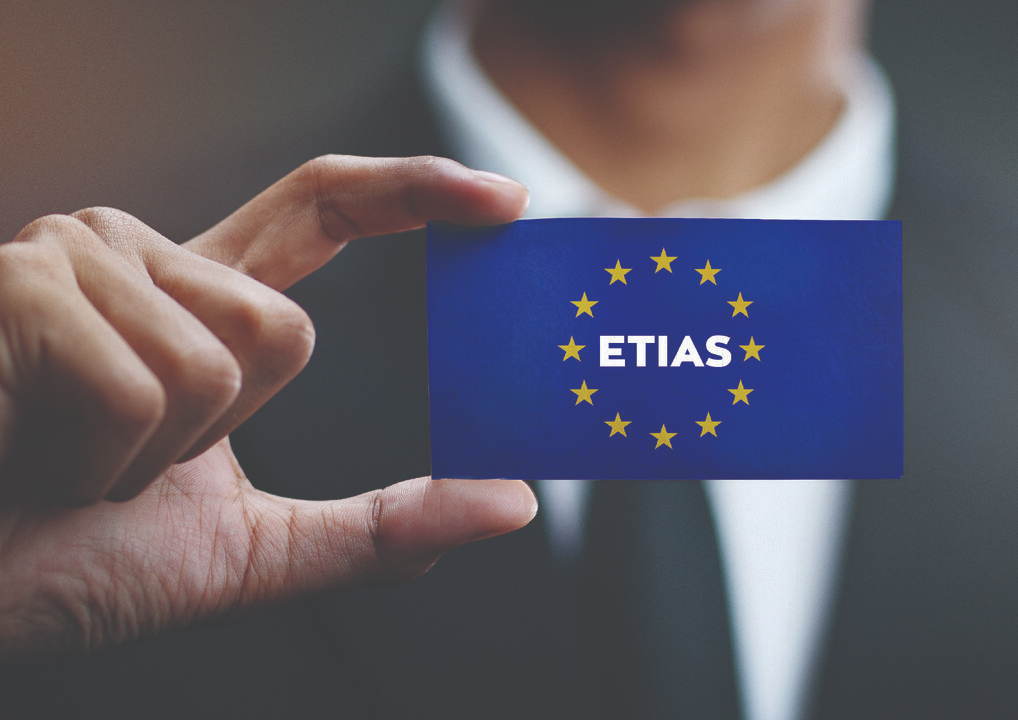Barbara Halla
Starting in 2025, individuals traveling to the Schengen area (as well as to Bulgaria, Romania, and Cyprus) will be required to apply online for an authorization issued by the European Union, known as ETIAS, which stands for the European Travel Information and Authorization System. This system involves a website where travelers intending to stay for a short duration (up to three months) must enter certain personal details. Following this, they will receive an authorization to enter their chosen destination.
In the Albanian media, there has been considerable speculation, misunderstanding, and various theories surrounding the nature of this authorization. Some reports have mentioned specific dates, with different sources claiming the authorization will be effective from November 10, 2024, while official EU websites have not confirmed any specific date and moreover indicate that ETIAS will only be implemented in 2025.
Some local media outlets have referred to the ETIAS system as a new visa or residence permit, portraying it as a decision by the European Union to close its borders to Albanians. This has revived fears reminiscent of the period before visa liberalization, along with concerns about borders and long lines at embassies.


The European Union explicitly denies that ETIAS is a new visa being imposed on countries that have already experienced visa liberalization. They clarify that ETIAS differs from a visa for two primary reasons. First, it is an automatic authorization that can be obtained entirely online. In comparison, a visa necessitates a more complicated process, which includes additional documentation, a visit to the relevant consulate or embassy, and the collection of biometric data.

This preliminary authorization is specifically for citizens of countries that currently do not need a visa to enter the Schengen area. It does not alter existing rules. Like before, travelers can visit Schengen countries for a maximum of 90 days within a 180-day period, and this authorization does not allow visitors to work or study within the EU or the Schengen zone. Unlike previous visas, which typically had validity periods ranging from a few days to three months, the ETIAS authorization will be valid for three years. Once you obtain the authorization for the first time, you won’t need to reapply for another three years.
Applying for ETIAS will cost €7. Exceptions to this fee apply to individuals under 18 years old, those over 70 years old, and family members of EU citizens.
It’s crucial to note that ETIAS does not mean Europe is closing its borders, especially the internal ones. Individuals who receive this authorization will still be able to travel freely within the EU without needing additional checks or documentation.
Despite this, some Albanian media outlets describe ETIAS as a process that is even more difficult than obtaining a traditional visa.

On the contrary, obtaining a Schengen visa typically involves a significant amount of documentation, including evidence of the trip’s purpose, proof of income, and guarantees that you will return to your home country after your travels. Visa processing times can vary from several days to a few weeks. In contrast, the ETIAS application can be filled out online and requires only basic personal details, travel information (such as dates and destination), and legal status (including any previous legal issues).In most instances, the decision is expected to be made automatically within minutes. Although in very rare cases, it could take up to 30 days.
The discussion surrounding ETIAS seems to be influenced by narratives that paint the European Union as antagonistic towards Western Balkan countries, including Albania. In reality, ETIAS extends beyond the Balkans and Albania; It is a procedure similar to those in countries like the United States and Australia, and will also be mandatory for citizens from the U.S. and the U.K., for example.

According to Vox, ETIAS will serve as a database enabling the European Union to track individuals who have been authorized to enter its borders. The EU has long aimed to establish such a monitoring and authorization system. The idea was first proposed to the Commission in 2016 for travelers from countries that do not require visas. According to FRONTEXT, the European Border and Coast Guard Agency, ETIAS aims to combat both crime and illegal migration. Additionally, it is expected that the ETIAS system will help decrease wait times at airports by automating passport checks.










